Home > Key Stage Two > Maths > Number
Place Value Teaching Resources
Discover lesson plans, classroom worksheets and interactive activities to develop skills in maths for Key Stage Two to teach about investigating the place value of digits in numbers
-

Decimal Values
Investigate and record how to compare the values of different decimal numbers by the positions of their tenths, hundredths and thousandths digits
-
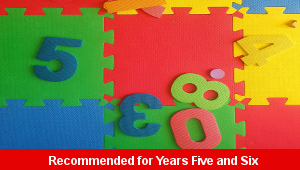
Digit Combinations
Practise building and comparing a range of numbers by combining and matching sets of digits with different number values
-
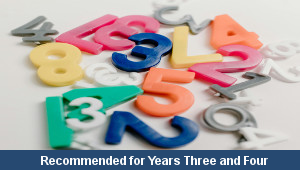
Hundreds, Tens and Ones
Investigate the place value of the numerical digits in numbers with different combinations of hundreds, tens and ones
-

Number Millions
Investigate and compare numbers in millions by identifying the numerical place values of their matching sets of digits
-
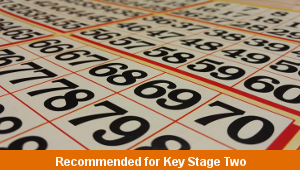
Number Squares
Develop and refine calculation skills for all four number operations working with different groups and pairs of numbers
-
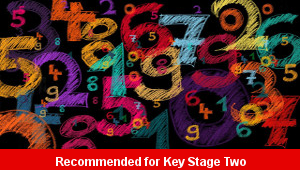
Place Value Number Cards
Identify, model and record the place value of the numerical digits in different numbers when finding sums, products and quotients
-
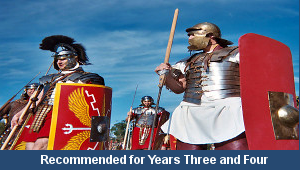
Roman Numeral Numbers
Recall and practise using the symbols and shapes that were used by the Romans to represent different sets of numbers
-

Three Digit Values
Investigate and compare the place value of the matching sets of digits in numbers to one thousand to indicate their hundreds, tens and ones values
-
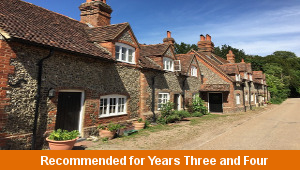
Cities, Towns and Villages
Research and present the history of a range of different buildings and people that are part of the local community using a school exhibition
-

Recycling
Research and present some of the benefits and disadvantages that can be produced when recycling different materials at home and in school
-
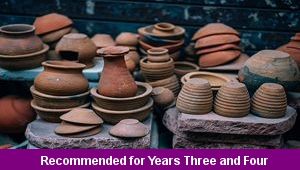
Viking Pots
Develop and refine a range of different art and design techniques when working with clay to make pots that represent Viking culture and traditions
-
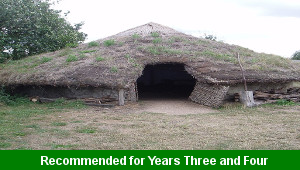
Bronze Age
Research and illustrate how life in Britain developed and changed during the Bronze Age including the growth of communities and trade
